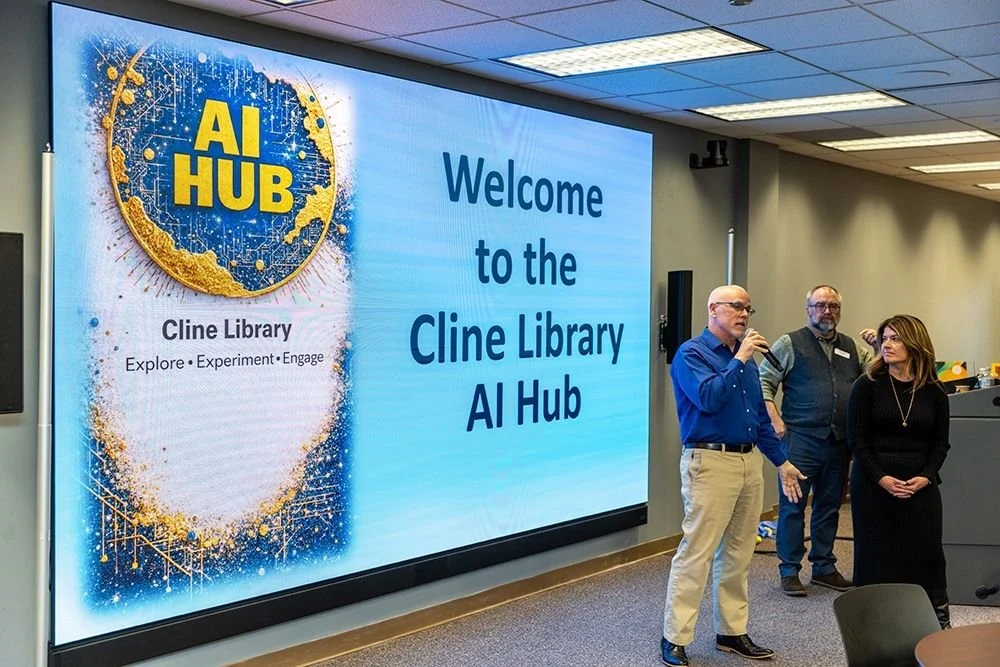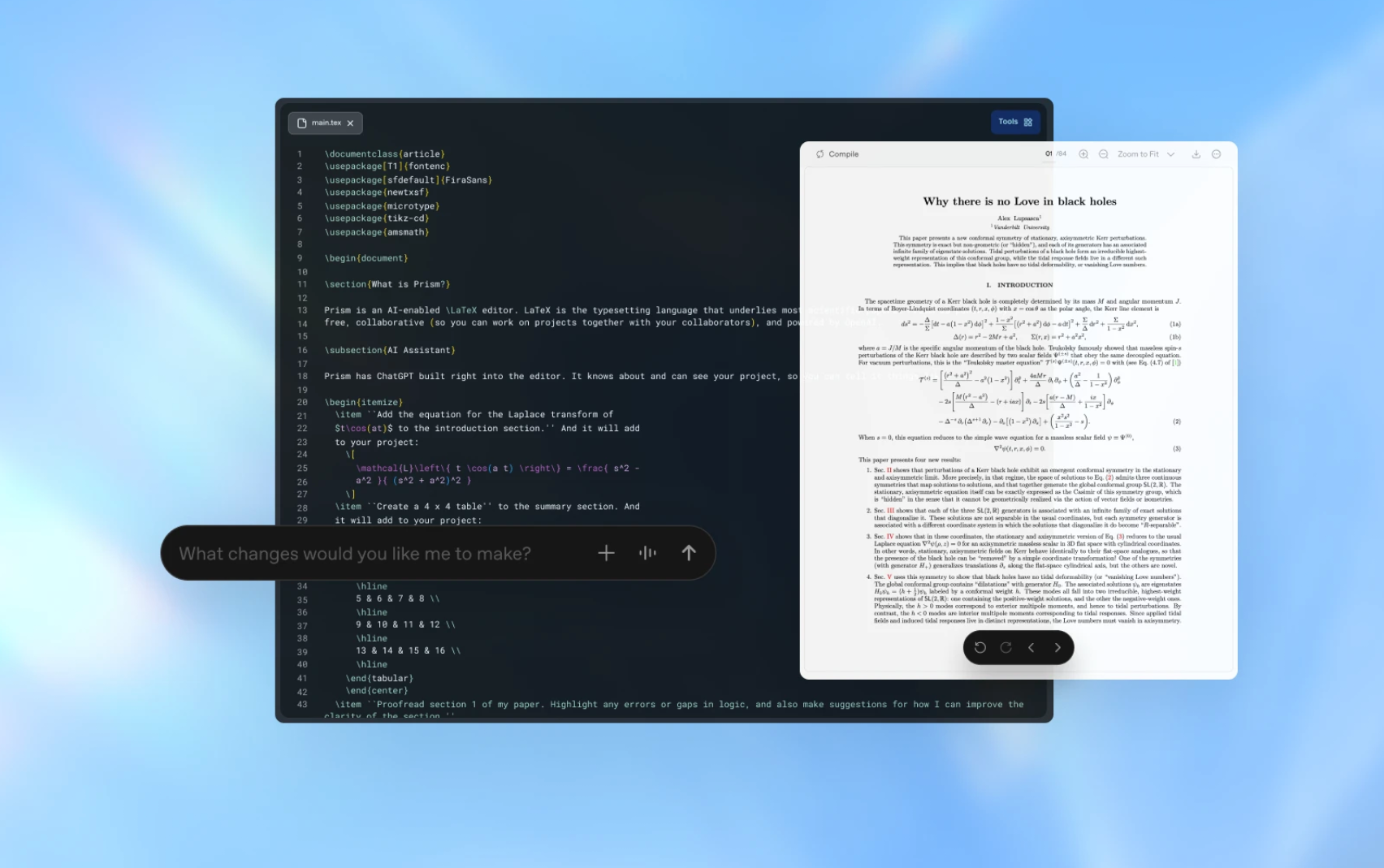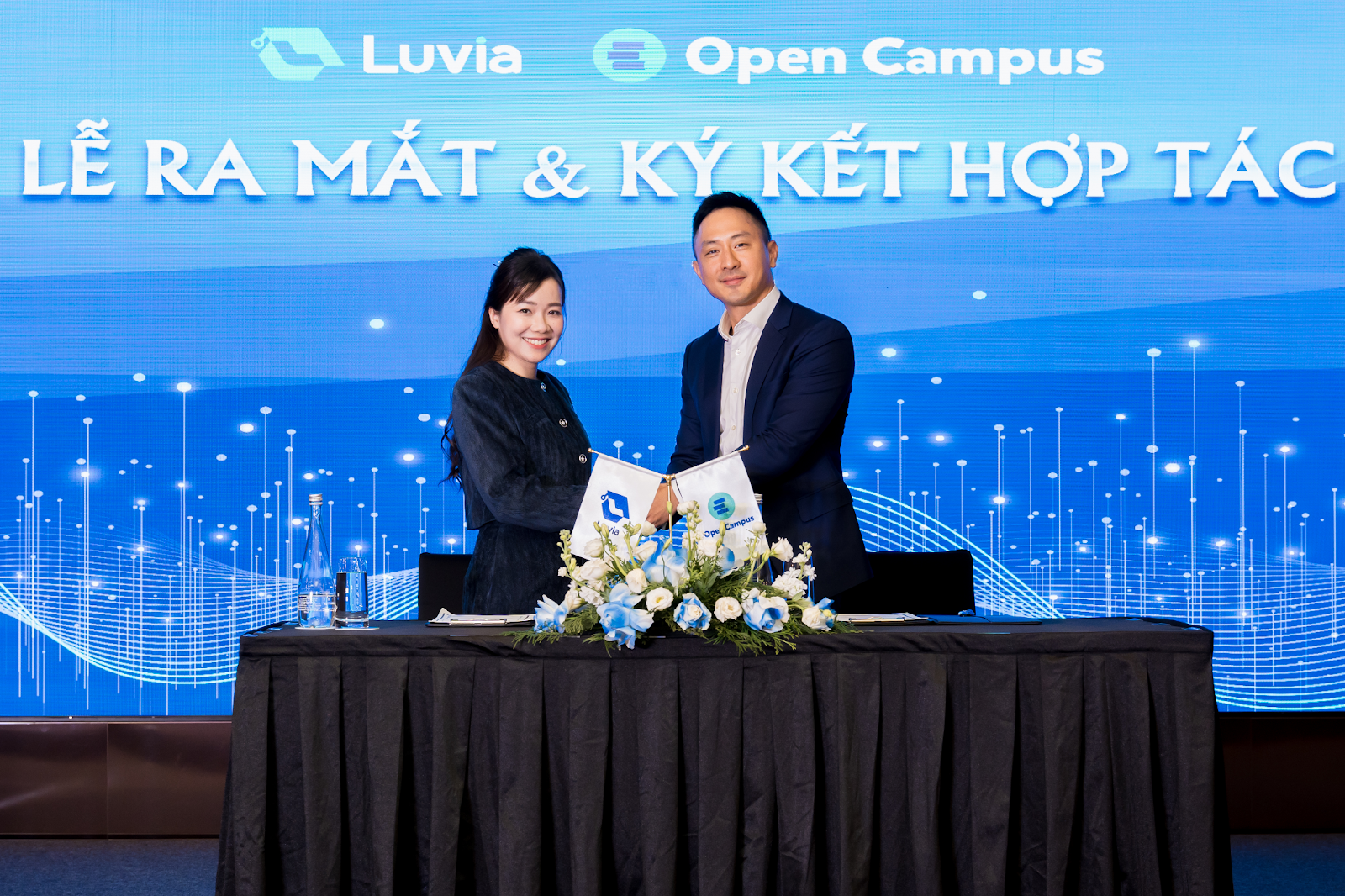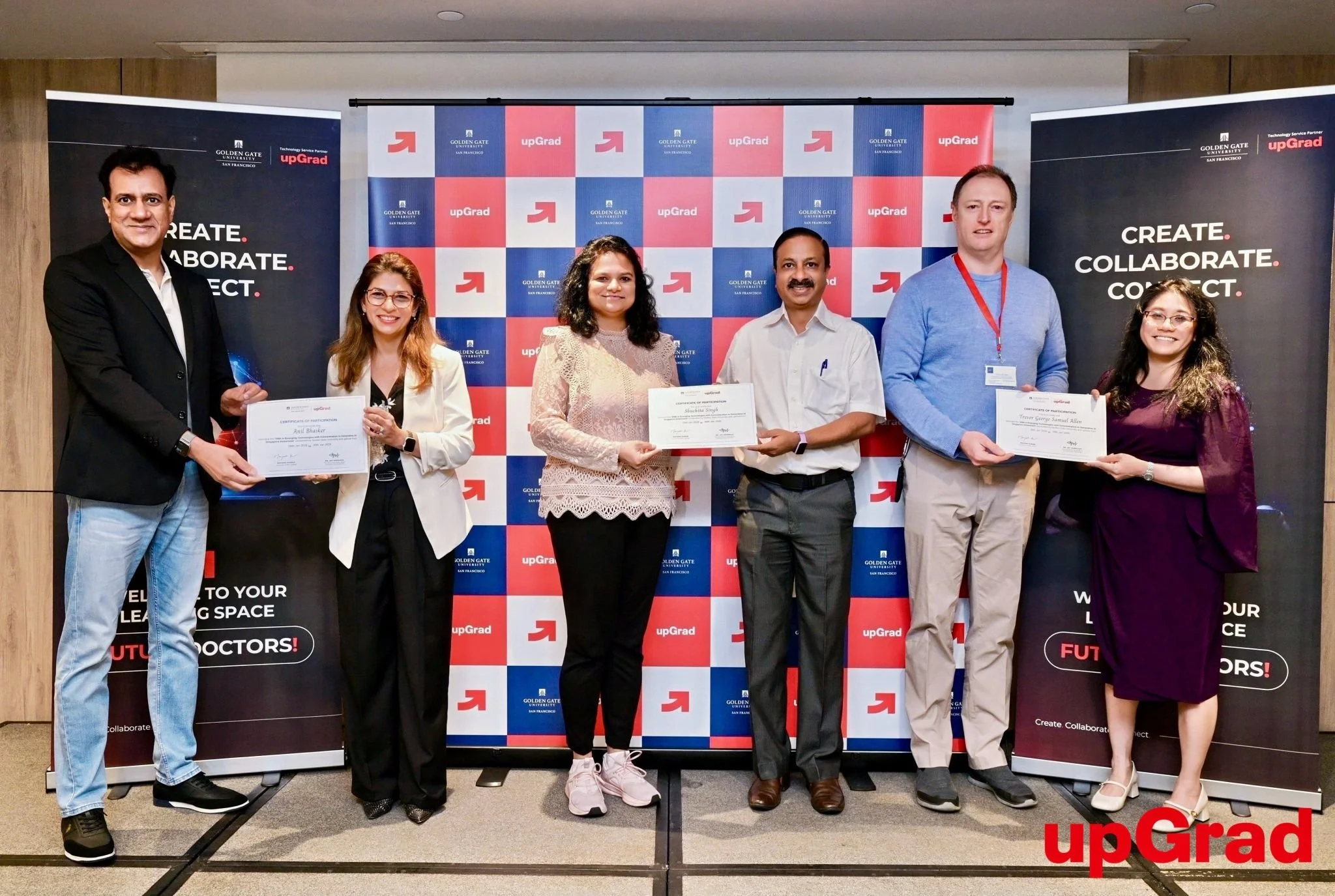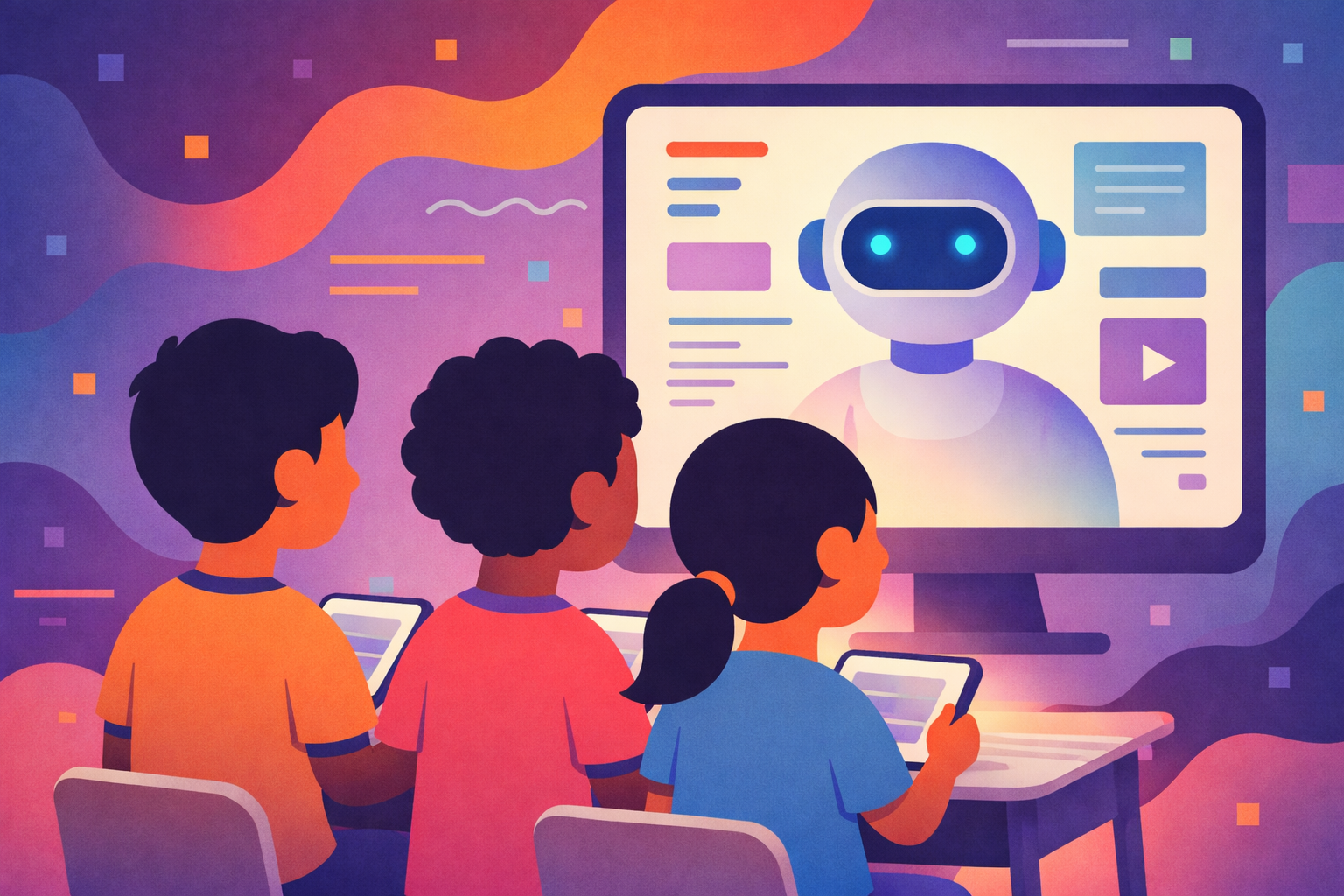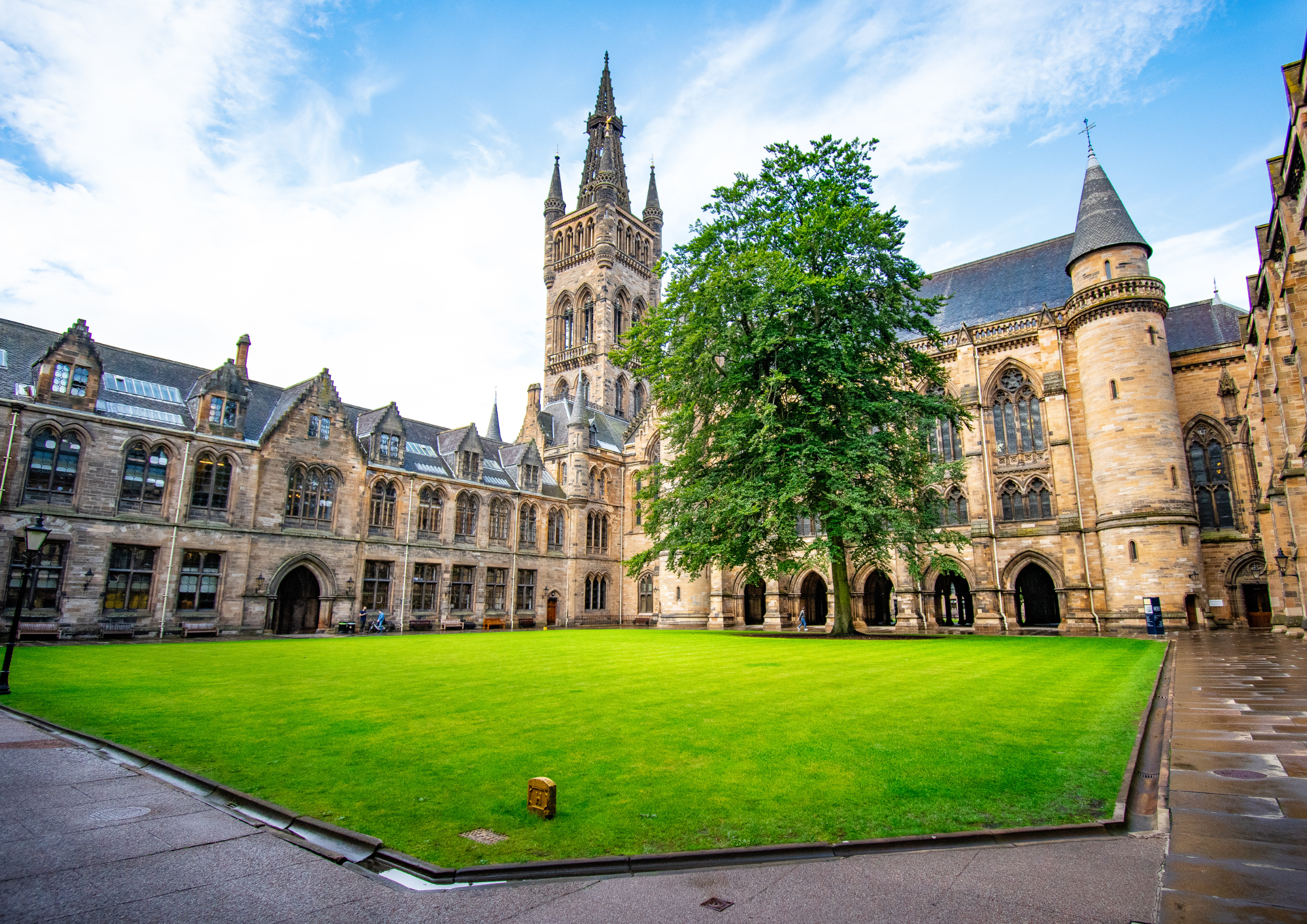Digital Promise announces multi-year effort to build public AI resources for K-12 schools
Four-year, 26 million dollar program aims to improve how AI supports teaching and learning through open datasets, models, and benchmarks.
Digital Promise has introduced the K-12 AI Infrastructure Program, a multi-year grantmaking initiative to build open datasets, models, benchmarks, and other digital public goods for education.
The nonprofit works at the intersection of learning sciences and education innovation and is partnering with Learning Data Insights, DrivenData, the Massive Data Institute at Georgetown University, and Catalyst @ Penn GSE.
The program totals 26 million dollars over four years and will fund projects designed to improve the accuracy and relevance of AI in K-12 settings. Outputs will be openly licensed for free use, with an emphasis on resources developers and researchers can adopt directly in products and studies.
Jeremy Roschelle, Executive Director of Digital Promise’s Center for Learning Sciences Research, says: “By funding the creation of public goods, we will accelerate the development of AI products that reflect the needs of all learners, the power of learning science principles, and the rigor of education-specific AI applications. We invite the public to shape our work by providing a brief comment in response to our Request for Information.”
Alongside the program, the partners have opened a Request for Information to gather comments that will shape priorities. The team highlights two operating principles: enable fundamental advances in how AI is used for education, and ensure responsible governance across privacy, security, and data stewardship.
Addressing key gaps in classroom AI
Digital Promise points to barriers that currently limit classroom use of AI: datasets without sufficient educational context, models that overlook learner variability, and algorithms that fail to integrate learning-science principles. The initiative aims to provide infrastructure that addresses these challenges in formats AI builders already use. These gaps echo broader shifts in online learning. EduWW’s The Future of Online Education: Trends and Predictions highlights how the next phase of digital education will depend on AI systems that understand learner variability, adapt to individual needs, and operate on high-quality, ethically sourced data precisely the areas this initiative aims to strengthen.
Funding will prioritize education-specific datasets, algorithms, models, and benchmarks that address needs affecting all student groups. Partners bring expertise in open data science, AI architectures, responsible data governance, and the EdTech ecosystem.
Key markers of impact will be clarity on grant timelines and eligibility, evidence that released datasets are genuinely open and privacy-safe, and whether benchmarks align with classroom realities rather than generic NLP metrics. Adoption by developers and districts will be the test, not just publication volume.
John Gamba, Entrepreneur in Residence and Director of Innovative Programs at Catalyst @ Penn GSE, says: “Now more than ever, high influence communities in industry, higher education, philanthropy, and government must come together to identify best practices for the safe, secure, and ethical implementation of AI to solve persistent problems in world-wide education. Catalyst @ Penn GSE couldn’t be more proud to join this collective and advance this movement to promote student-centered learning through the power of AI.”










